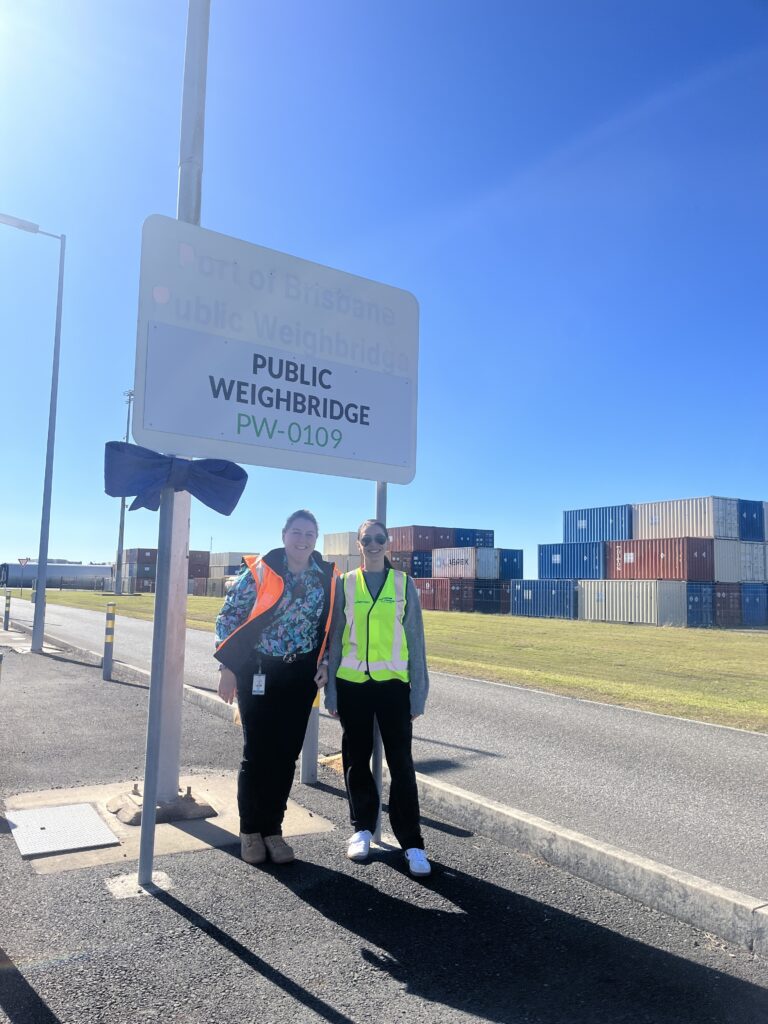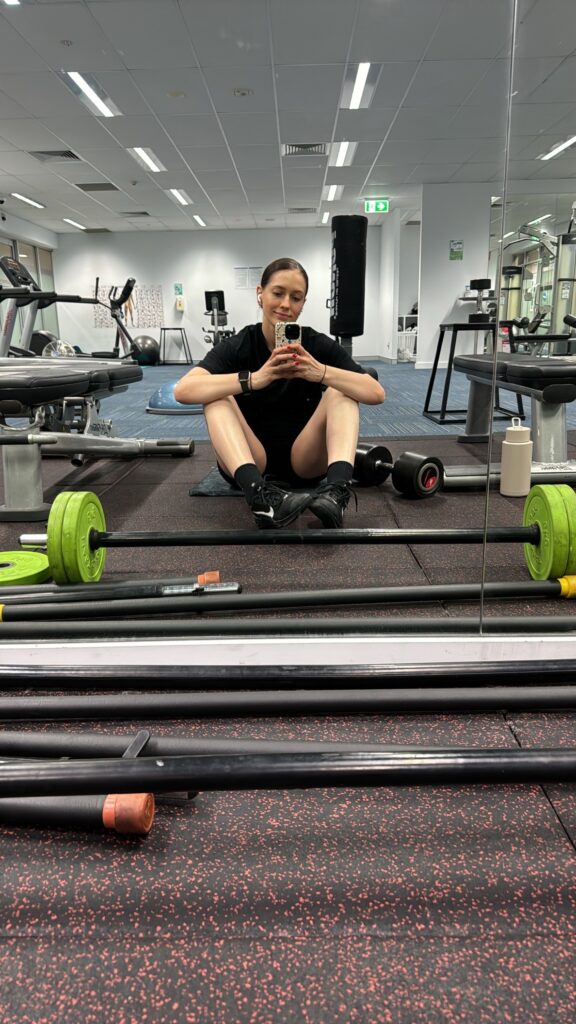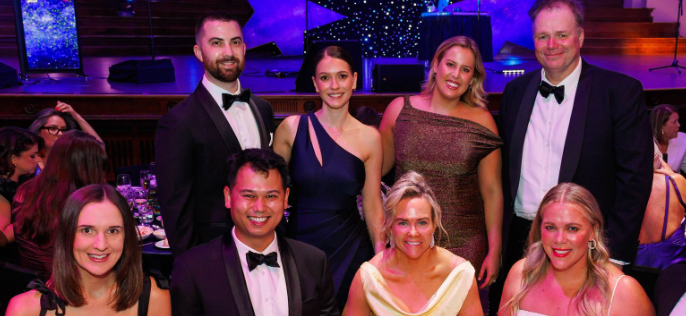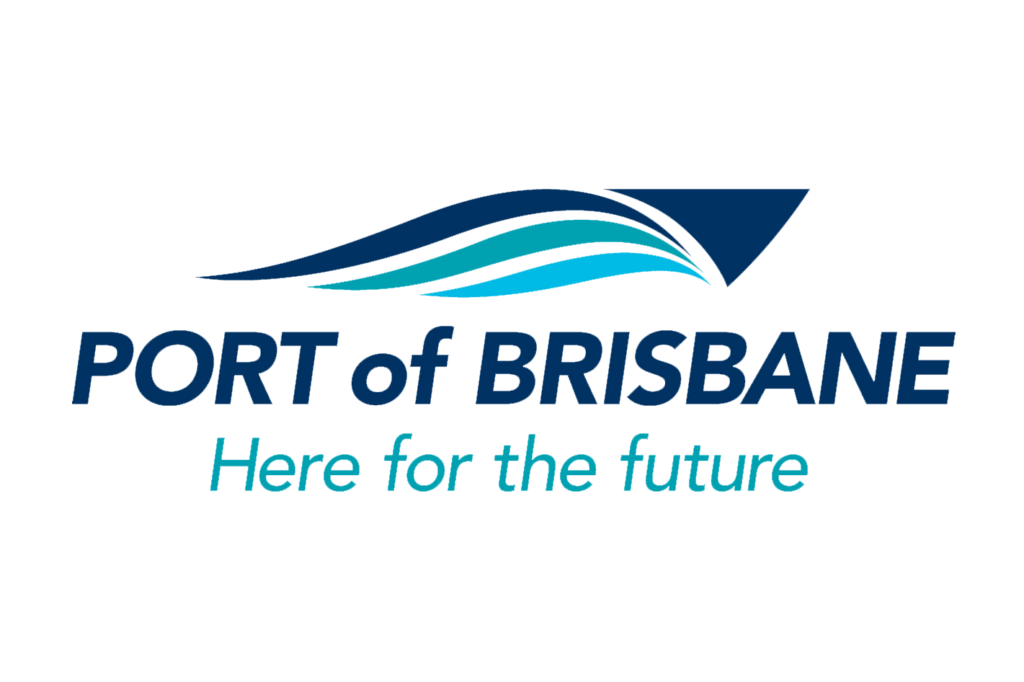Aleksandra Edwards

Ask me about
- A day in the life working on projects for one of the major Ports
- What soft skills are important for a business analyst to have
- How not having a technical IT background can be an advantage
About me
- Regional Background
Growing up, I was forever changing my mind about what I wanted to be when I grew up – an accountant, a journalist, a lawyer…I still wasn’t sure by the time I graduated year 12, but I was accepted into uni and started a Biomedical Science degree.
Tertiary-level science wasn’t for me, so I switched to Arts and changed majors a couple of times – Journalism to Psychology – before eventually leaving without finishing my degree. I landed a job supporting an online learning management system, and my experience there helped me move into further technology support roles within education, while also getting involved in the implementation of various digital projects – all valuable experience for the jobs to come! Along the way, I was offered a business analyst role, something that was completely new to me, but I was interested in learning.
I joined the Port of Brisbane’s Technology team as a Business Analyst in 2023. The Port is a hugely diverse organisation, and I’ve been lucky enough to have been involved in a variety of projects and initiatives across multiple areas of the business.
About my role
- Analytical
- Creative
- Curious
- Innovative
- Sociable
A business analyst (BA) typically works within a project, and one of their key roles is to understand what the business problems or challenges are, and help articulate what it needs and wants to solve those problems. A BA will engage with various business stakeholders to identify, document, challenge, and prioritise those wants and needs, and translate them into business requirements. It's the BA's job to make sure that business requirements are clearly understood, because they will ultimately inform what the project team will actually implement and deliver. If the requirements aren't correct or something important hasn't been noted, the project might deliver something that doesn’t work the way the business wanted.
Education
- High School Certificate
- RMIT Future Skills - Business Analyst
- AgileBA Foundation
Subjects
- Biology
- Chemistry
- History
- Legal Studies
- Mathematical Methods (Maths B)
Hobbies
- Boxing
- Gym
- Reading
- Seeing family and friends
- Travel
Pets
- 1 Dog
- 1 Cat
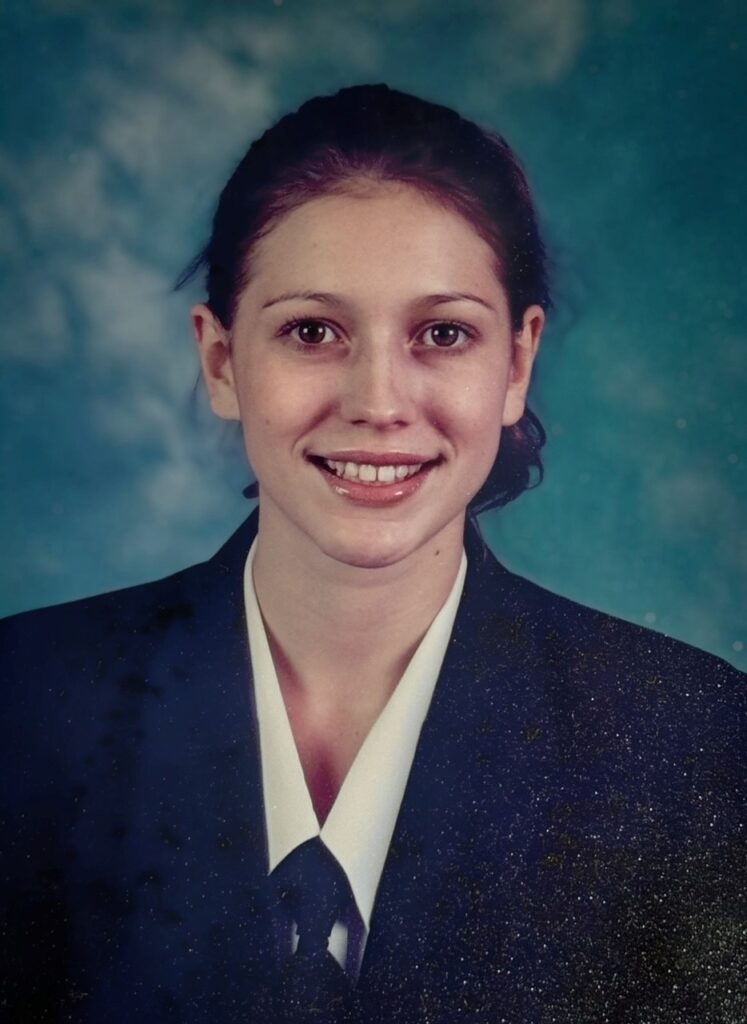
15 year old me!!
My career journey
-
Dropped out of uni - worked in admin, hospitality and customer service
-
Landed an education technology support role
-
Gained experience in project support
-
Transitioned to a BA role, learning ‘on the job’ and upskilling with formal training
-
Left the education sector to work for the Port of Brisbane
My typical day
